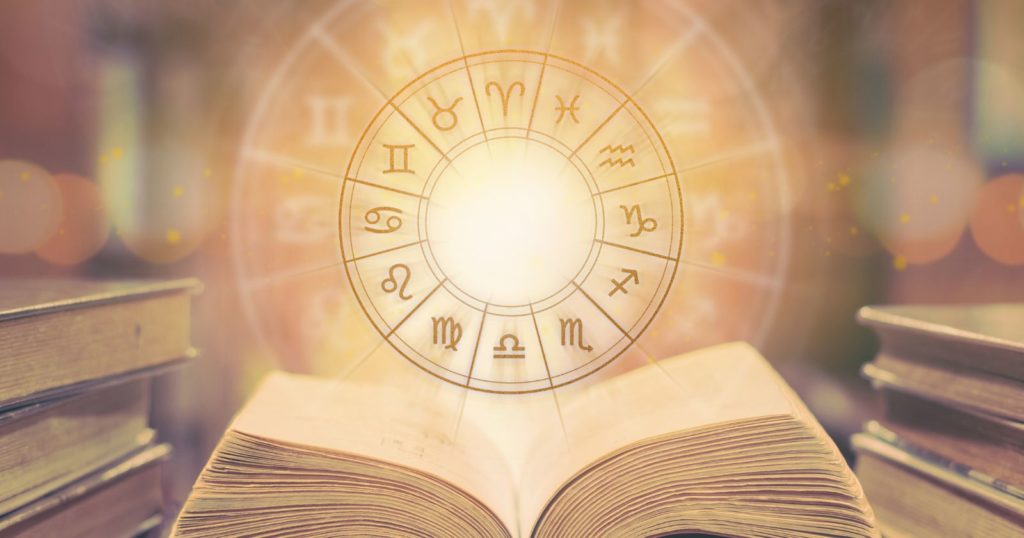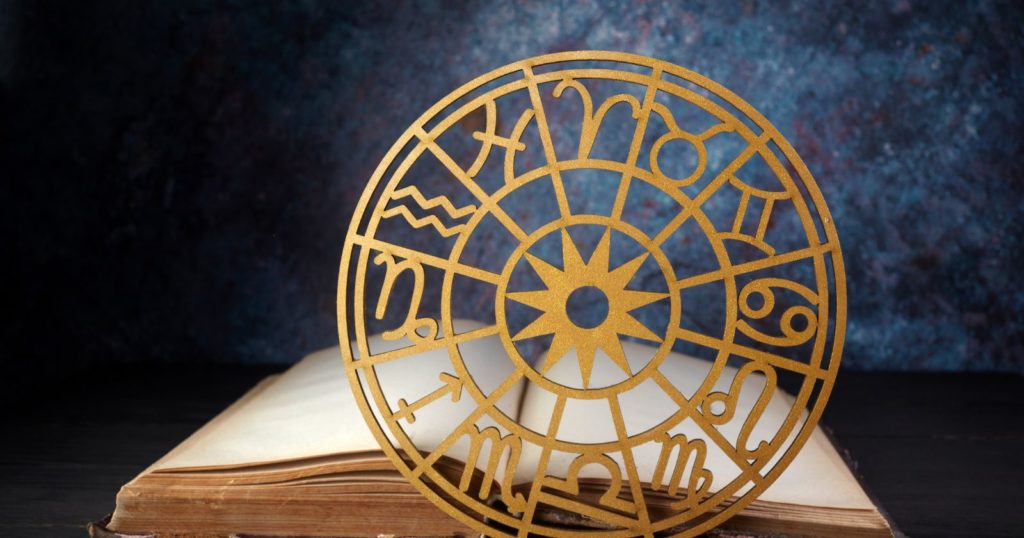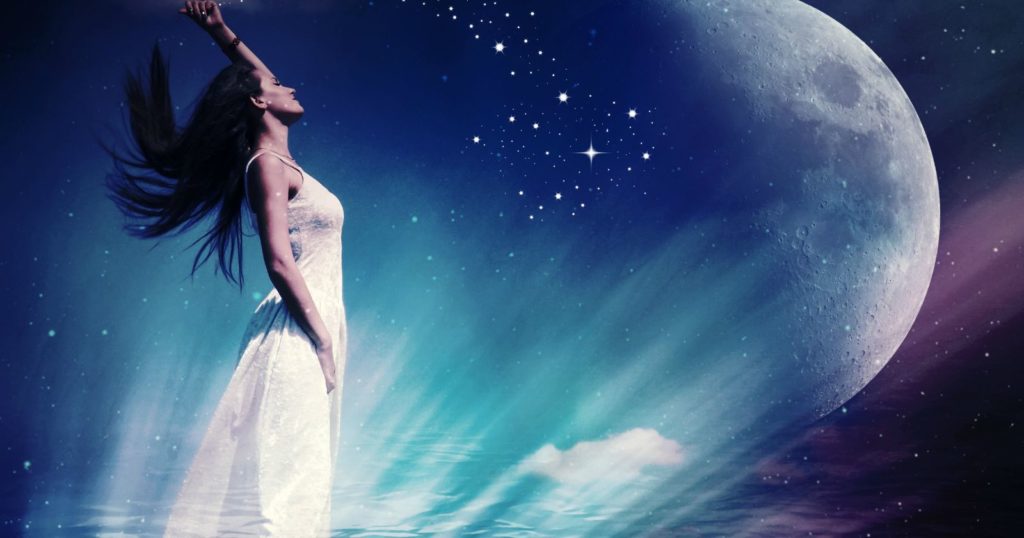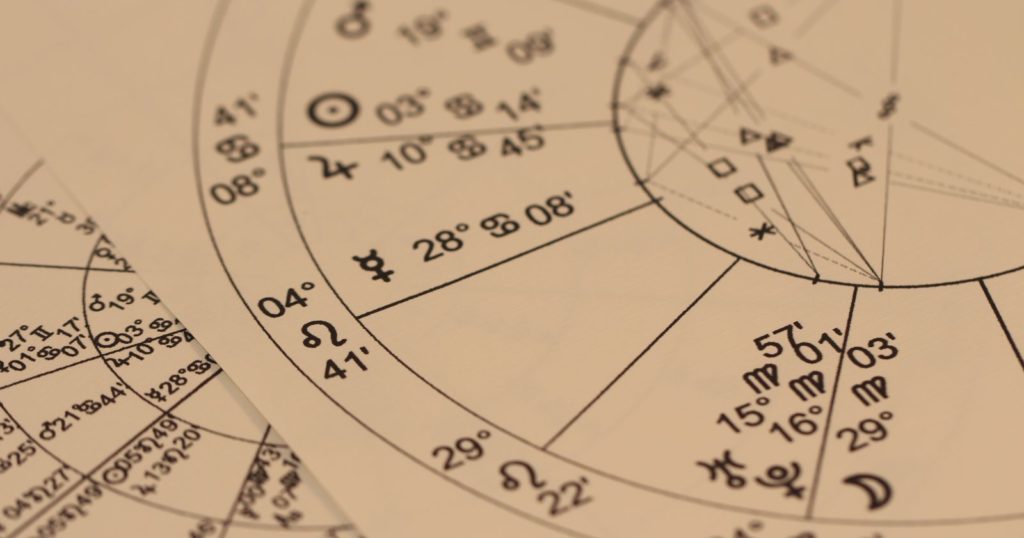Every morning, as we sip our coffee, many of us flip through the newspaper or click through an app to find our daily horoscope. We are intrigued by the promise of insights about our day, potential warnings, and hints of success or love that might be just around the corner. But the question looms large, a silent specter behind the thrill of the unknown: “Are horoscope predictions really true?”
The phrase, ‘are horoscopes true’, carries a tremendous weight. It does not just question the accuracy of daily, weekly, or yearly predictions based on one’s zodiac sign but also probes deeper, touching on faith, superstition, destiny, and the inherent human need to comprehend the unfathomable. It challenges the historical reliance on the stars to guide us, a practice as ancient as civilization itself.
This article embarks on a compelling journey into the realm of horoscopes, astrology, and the zodiac, attempting to decipher whether there’s any scientific basis to these celestial predictions. We will unearth ten surprising facts that offer fresh perspectives, challenge the status quo, and may even change your viewpoint entirely. Whether you’re a staunch believer, an absolute skeptic, or someone in between, this exploration promises to be a riveting roller coaster ride.
Hold onto your skepticism or belief as we dive deep into the celestial sea of the zodiac, navigating between the constellations of myths and the nebulae of scientific evidence. Let’s explore the fascinating territory of this timeless question: “Are horoscopes true?” Or is the belief in them merely a coping mechanism, a human tendency to seek patterns and meaning, even when faced with the randomness of existence?
This article is not about debunking or bolstering belief but about shedding light on different aspects, historical, scientific, psychological, and cultural, surrounding horoscopes. It is about encouraging informed conversations around the topic, rather than echoing unchallenged beliefs. By the end, perhaps you’ll gain a newfound appreciation for the complexity and controversy of this widely debated topic, and maybe, just maybe, you’ll find your own answer to the question, “Are horoscopes true?”
But, before we can answer that, we must first understand what horoscopes are and how they are conceived. Get ready to journey through the cosmos, exploring the delicate interplay between the celestial and terrestrial, the known and the unknown.
Understanding Horoscopes: An Astronomical Perspective
Before we can dive into the question, “Are horoscope predictions really true?” we must first grapple with what a horoscope actually is. Originating from the Greek words ‘hora’ (hour) and ‘skopos’ (observer), horoscopes are essentially an astrologer’s interpretation of the cosmic blueprint at the exact moment of an individual’s birth.
The process of creating a horoscope, or a natal chart, involves a complex intertwining of astronomy and astrology. Astronomy, the scientific study of celestial objects, provides the raw data, plotting the positions of the sun, moon, and planets at a specific time and place. Astrology, the interpretation of these celestial patterns, attributes meaning and significance to these positions, aiming to predict character traits and life events.
At the heart of a horoscope is the zodiac, a celestial coordinate system that takes the ecliptic – the apparent path of the Sun across the celestial sphere – as its primary reference. The zodiac is divided into twelve equal parts, each named after the constellation that appears in its division: Aries, Taurus, Gemini, Cancer, Leo, Virgo, Libra, Scorpio, Sagittarius, Capricorn, Aquarius, and Pisces. Each zodiac sign is associated with specific character traits, strengths, weaknesses, and predictions about love, work, and health.
When you read a horoscope, you’re reading a forecast based on the position of the planets in these zodiac signs at the time of your birth, and their movements and relationships with each other since then. For example, if Mars (the planet associated with aggression and war) was in Aries (a sign linked with impulsiveness and independence) at your birth, an astrologer might predict a hot-tempered and assertive personality.
However, a critical point to understand is that the constellations of the zodiac as seen from Earth do not align with their corresponding zodiac signs. This discrepancy, known as the precession of the equinoxes, is due to a slow change in Earth’s rotational axis over a cycle of approximately 26,000 years. In practical terms, this means that the actual constellation in which the Sun appears during, say, the period of Aries, is not Aries but Pisces. This foundational inconsistency between astronomical fact and astrological practice is one of the primary sources of skepticism surrounding horoscopes.
This overview might simplify an astronomically complex process, but it serves to highlight the intricate dance between science and interpretation that forms the backbone of every horoscope. It’s a dance that’s been performed for thousands of years, captivating minds and hearts around the globe. But as we peel back the layers, we find a blend of undeniable astronomical fact entwined with subjective astrological interpretation. The question that now begs to be answered is this: can these interpretations be substantiated? Or, in simpler terms, are horoscopes true?
As we plunge deeper into this cosmic conundrum, remember, we’re not just exploring horoscopes; we’re exploring the human condition – our yearning for understanding, our fear of uncertainty, and our ceaseless search for meaning in a seemingly chaotic cosmos. Are we beings of destiny, charted by the stars, or are we beings of self-determined free will? This fascinating confluence of science, philosophy, and spirituality forms the backdrop against which our inquiry unfolds.
The Astrological Science or Art?
Having established the foundational understanding of horoscopes from an astronomical perspective, we now turn our attention to the second critical component of the horoscope equation: astrology. Understanding the principles of astrology is vital to unraveling the truth behind the central question of our exploration: “Are horoscope predictions really true?”
At its core, astrology posits that celestial movements can influence human affairs and terrestrial events. More specifically, the positions and movements of celestial bodies at the time of a person’s birth can shape their personality traits and destiny. It’s a premise that dates back millennia, evident in various forms across numerous cultures, including the Babylonians, Egyptians, Chinese, and Mayans.
In its contemporary form, astrology assigns meanings to planets, houses (representing different areas of life), and signs of the zodiac, analyzing their interactions to predict events and describe personality traits. Each planet signifies a specific aspect of life; for instance, Venus governs love and beauty, while Mars represents energy and action. Likewise, each of the twelve zodiac signs has unique attributes. Aries is seen as bold and ambitious, Pisces as imaginative and empathetic.
Astrologers interpret these symbols using a mixture of intuition, experience, and tradition. However, herein lies the crux of the matter. The interpretations are highly subjective and can vary considerably between different astrologers. It is this inconsistency that gives rise to skepticism and prompts the question: “Can astrology be considered a science?”
On one hand, astrology employs mathematical calculations and astronomical observations, akin to a scientific process. On the other hand, the lack of empirical evidence, testability, and falsifiability makes astrology incompatible with the scientific method. The predictions lack precision and are often vague, general, and open-ended, leaving room for broad interpretation.
Furthermore, numerous scientific studies have failed to prove any consistent correlation between astrological predictions and reality. In one famous study, French psychologist Michel Gauquelin found no significant correlation between planetary positions and individuals’ careers, debunking the popular astrological notion. Despite such evidence, the belief in astrology persists, suggesting it appeals to aspects beyond logic and rationality.
Astrology, then, exists in a nebulous realm between science and art, fact and belief. It may not adhere strictly to scientific methodologies, but it resonates deeply with many individuals, fulfilling a psychological and spiritual need to understand ourselves and our place in the cosmos. As we continue our investigation into horoscope predictions, we delve into these psychological and spiritual dimensions.
The Psychology of Belief: Why Horoscopes Appeal to Us
Despite the lack of empirical evidence and the absence of scientific consensus regarding the validity of horoscopes, they remain popular. The phrase “Are horoscope predictions really true?” thus leads us to another intriguing area of inquiry – the psychological factors that contribute to their appeal.
One major theory that helps explain our propensity for horoscope belief is the ‘Barnum effect’ or ‘Forer effect’. Named after psychologist Bertram R. Forer, the principle is based on his 1948 experiment, where he gave his students a ‘personality test’ and then the same ‘personalized’ result – a collection of vague and general statements like “you have a great need for people to like and admire you”. When asked to rate the accuracy of the test results, the average score was a whopping 4.26 out of 5.
The reason? The descriptions were so vague and general (e.g., “You have a great deal of unused capacity which you have not turned to your advantage”) that they could apply to anyone. The same principle works in horoscopes, where the predictions are usually so universally applicable that readers can interpret them in a way that resonates with their personal experiences. This phenomenon, combined with cognitive biases like confirmation bias (where we remember and value information that confirms our existing beliefs while ignoring what contradicts them), contributes to the widespread belief in horoscopes.
Another psychological aspect at play is our innate desire to understand ourselves and the world around us. In the face of life’s uncertainties and complexities, horoscopes offer a seemingly authoritative, mystical framework that can make sense of our experiences and traits. They provide an illusion of control, presenting a cosmic order that navigates us through our chaotic world.
Finally, horoscopes can serve as a source of affirmation and validation. They can mirror our emotions and situations, making us feel seen and understood. They can provide comfort and reassurance, affirm our experiences, and sometimes even offer a new perspective on a situation.
Despite these psychological underpinnings, it’s important to remember that belief in horoscopes is a personal choice. It’s subjective and varies from person to person. Some find in them a source of wisdom, guidance, and comfort, while others see them as merely an amusing diversion. Still, others may reject them outright as unscientific and baseless.
The Spiritual and Cultural Dimensions of Horoscopes
“Are horoscope predictions really true?” is not just a question of science or psychology, but it also leads us into the realms of spirituality and culture. Both have played an undeniable role in shaping our relationship with horoscopes, creating a nuanced, multifaceted web of belief and interpretation that varies widely across the globe.
Spiritually, horoscopes and astrology can offer a transcendent perspective, suggesting that our lives are part of a larger cosmic design. They propose a connection between the individual and the cosmos, a synchronicity between earthly events and celestial movements. This perspective can evoke a sense of awe, wonder, and humility, fostering a spiritual connection that many find enriching and comforting.
Moreover, astrology’s symbolic language can serve as a potent tool for introspection and self-reflection. The zodiac signs and their corresponding traits, for instance, can provide a framework to understand our personalities, strengths, weaknesses, desires, and challenges. They can encourage self-awareness and personal growth, acting as a mirror that reflects our inner selves.
From a cultural standpoint, horoscopes are a reflection of humanity’s timeless fascination with the stars. Civilizations across the ages have observed the night sky, tracking the movement of celestial bodies and attributing to them divine or prophetic significance. These celestial observations have not only shaped calendars, agriculture, and navigation but also deeply influenced mythology, religion, and philosophy.
Today, horoscopes are a cultural phenomenon. They feature in newspapers, magazines, websites, and mobile apps, reaching millions of people worldwide. Their popularity demonstrates their enduring appeal and their ability to adapt to the changing times.
Yet, it’s important to recognize that horoscopes, like any cultural or spiritual practice, can be interpreted in myriad ways. While some people find deep, personal resonance with their horoscopes, others may not. Some may use horoscopes as a source of guidance or a tool for self-reflection, while others may view them as mere entertainment or not at all.
In conclusion, while it’s clear that horoscopes don’t meet the rigorous standards of empirical science, they continue to hold significant spiritual and cultural relevance for many people. The question “Are horoscope predictions really true?” doesn’t have a simple ‘yes’ or ‘no’ answer. Instead, it invites us to explore the rich tapestry of human belief, perception, and desire for connection – with ourselves, with each other, and with the cosmos.
The journey has been fascinating and expansive, spanning the realms of astronomy, astrology, psychology, spirituality, and culture. But as we conclude, we realize that the question isn’t merely about the truth or falseness of horoscopes but about what they represent – a human endeavor to understand, navigate, and find meaning in the beautiful chaos of existence.
Resources:
- Gauquelin, M. (1983). “Neo-Astrology: A Copernican Revolution.” Penguin Books.
- Forer, B. (1949). “The Fallacy of Personal Validation: A Classroom Demonstration of Gullibility.” Journal of Abnormal and Social Psychology.
- Campion, N. (2012). “Astrology and Popular Religion in the Modern West: Prophecy, Cosmology and the New Age Movement.” Ashgate Publishing.




